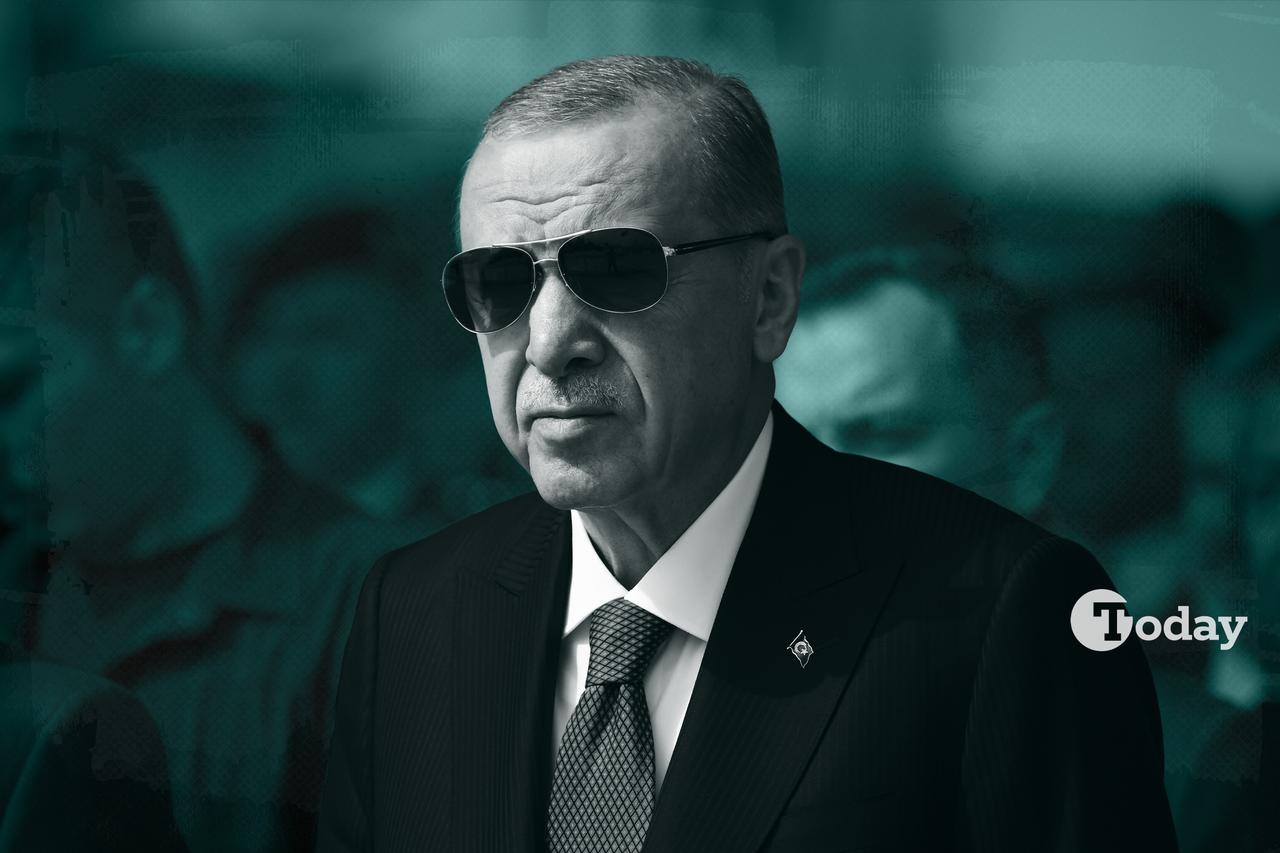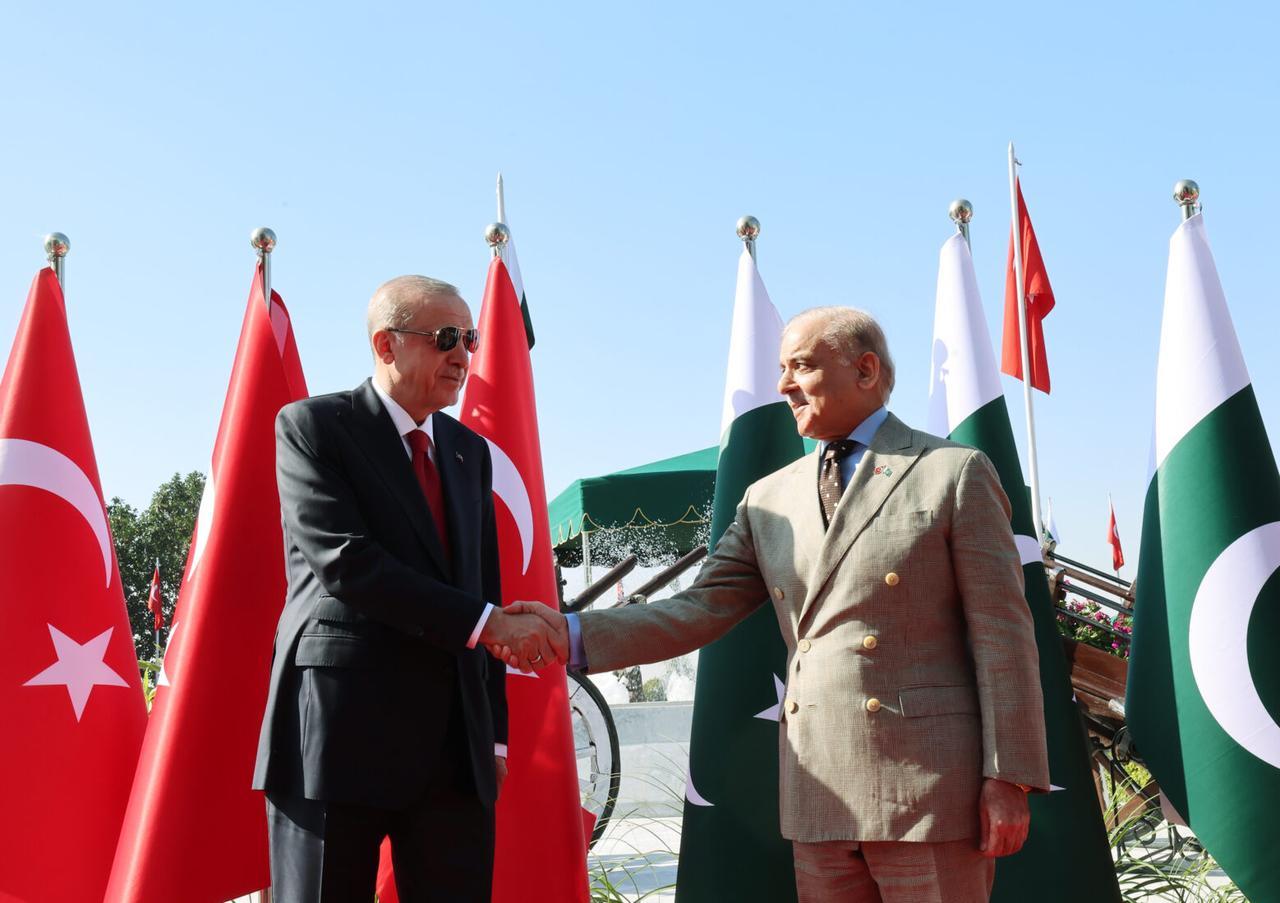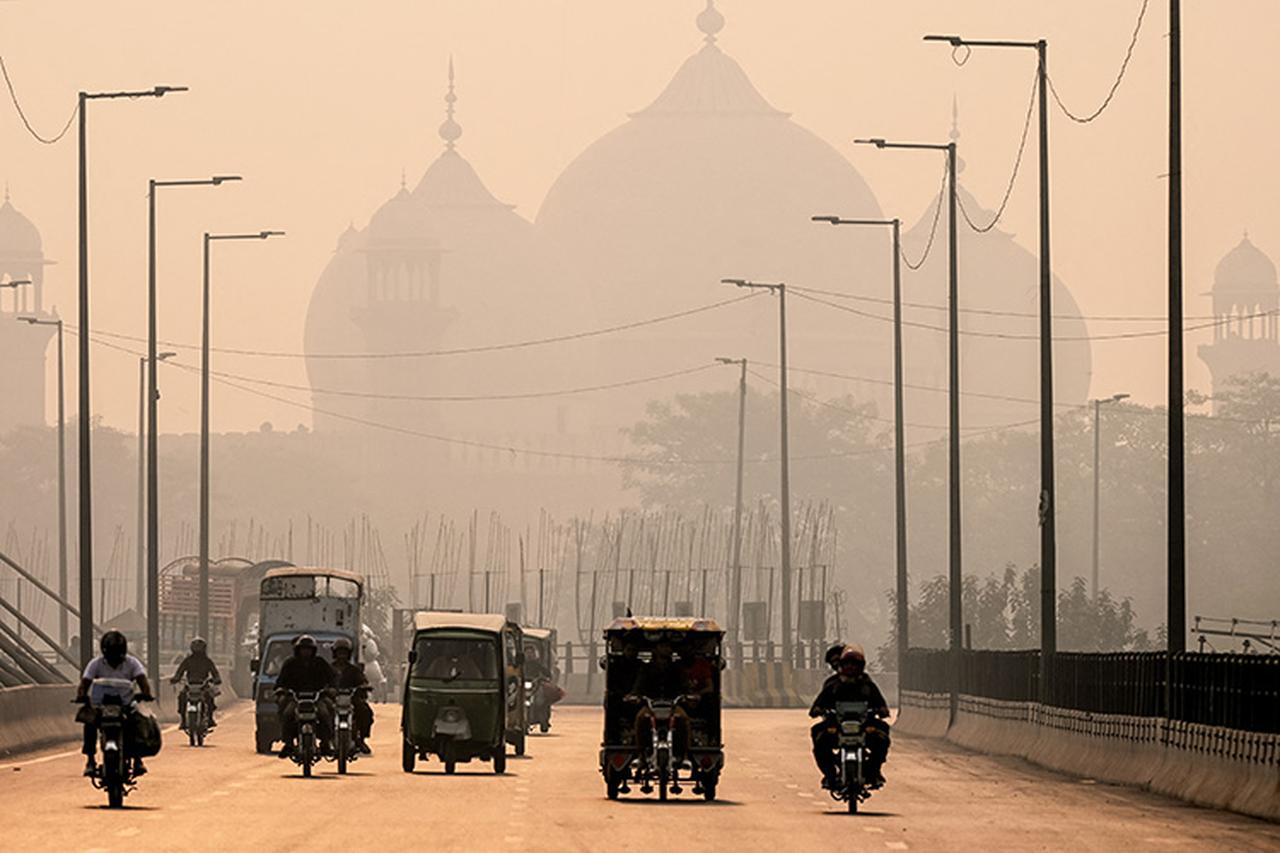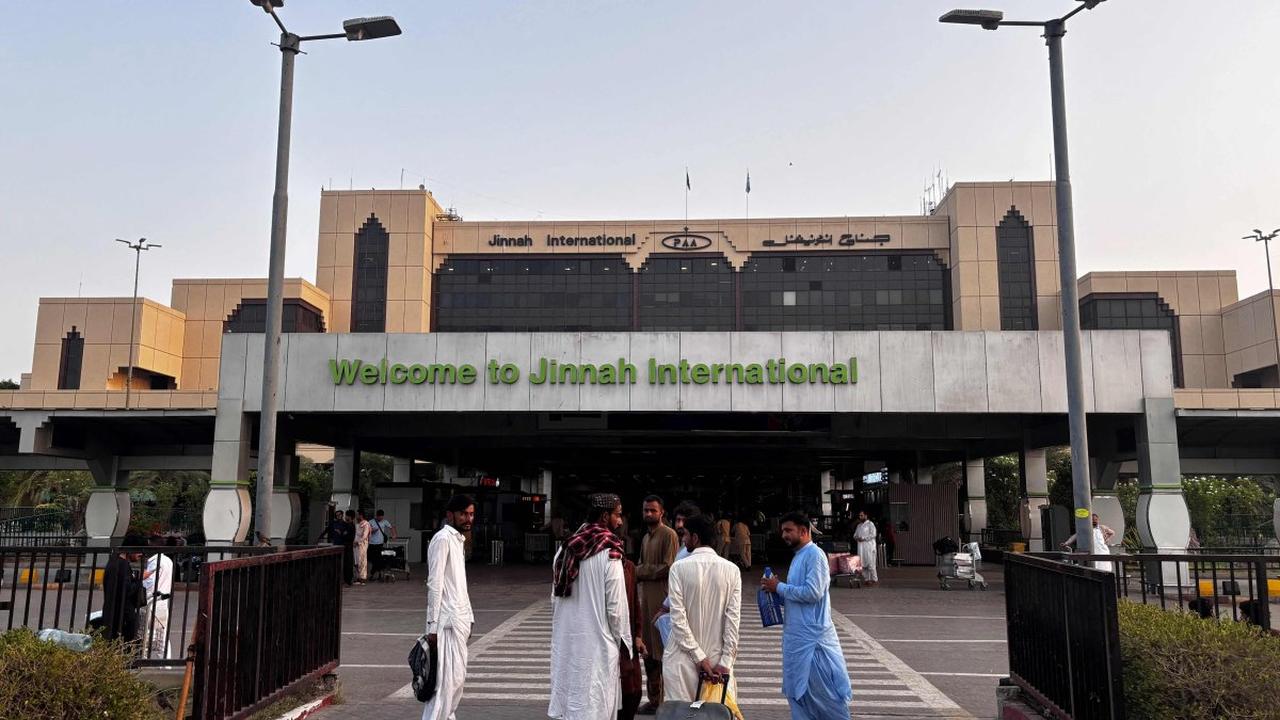
Turkish President Recep Tayyip Erdogan is more than just a president when mentioned in Pakistan; he is remembered for shared religious ties, desire for political change, and the sometimes-fraught field of international relations. Erdogan’s image in Pakistan keeps changing and isn’t fixed in one way.
Today, in May 2025, his image continues to captivate and affect people in much the same way as Türkiye-Pakistan relations have over the last 20 years. For many Pakistanis in the early 2000s, Erdogan was a role model, combining strong Muslim beliefs with the urge to change his nation. At this time, Pakistan sought stability, so Pakistanis highly valued Erdogan’s early reforms and his image as a committed Muslim.
In those days, people considered Erdogan a leader who had the skills to integrate a stronger economy with support for religion. About 93% of those surveyed in 2008 by Gallup Pakistan approved of Erdogan, which was well above the approval the average politician received. For much of the public, he stood for the idea that faith and advancement could coexist.
Yet, the initial complexity lay concealed under this brilliance. Many people became concerned when Erdogan insisted on governing in a centralized way and made strong foreign moves. For Pakistan, a country whose own democracy often teeters on a knife’s edge, the question emerged: Was Erdogan's legacy a model to follow, or did he teach us lessons to avoid?

In recent years, Erdogan’s public image in Pakistan has been tested by shifting geopolitical realities and domestic pressures on both sides.
His firm stance on Islamic solidarity, especially during crises like the Kashmir tensions, continues to resonate with many Pakistanis, fueling a sense of shared struggle and brotherhood.
Yet, Pakistanis who considered Türkiye a highly dependable ally are now disappointed by the alternative course in the country’s foreign policy and cautious efforts to build better relations with India.
In this way, Erdogan is trying to transform Türkiye into a regional player rather than exclusively a party champion, though the distinction may be lost on many here in Pakistan.
Türkiye’s economic uncertainty at home is a common subject in the Pakistani news, adding to the complexity of how the public perceives Erdogan. With inflation at 35% by May 2025 and the Turkish lira fluctuating, some critics claim Erdogan’s way of leading may be 'unstable.'
As most younger people in Pakistan closely track international news on social media, the troubles in the Turkish economy raise questions about Erdogan’s plans for the future. Yet, people in certain groups of Pakistani society are supportive of Erdogan because of his big investments in infrastructure and technology.
The way people in Pakistan see Erdogan seems to vary according to their generation. Many older, more conservative people regard him as a strong Islamic leader who opposes Western power, which reflects their political and cultural beliefs. Younger Pakistanis, who are online and interact with people around the world, often see Erdogan’s rule in Türkiye as a limit to free speech. This highlights how Erdogan's legacy could shape Pakistan in the years ahead, as regional politics and global alignments shift.

Before 2010, Erdogan was admired by many in Pakistan, but after that, many young Pakistanis began to see his leadership as less democratic and more autocratic. According to the 2023 study by the Pew Research Center, 54% of Pakistanis still consider Erdogan positively, while 28% of the country’s residents are growing concerned about Türkiye’s declining democracy and the unstable economy.
Several Pakistanis regard Erdogan as a firm defender of Muslim issues, not least when it comes to Kashmir and global unity among Muslims. The way former Pakistani President Pervez Musharraf backs Pakistan in overseas meetings has brought him respect among nationalists. Even so, Türkiye’s improved trade relations with India complicate Pakistan’s perspective, prompting civilians to see both a reflection and a reason for caution in Erdogan.
Social media has contributed to a further division among opinion groups. Erdogan’s staunchest backers echo his strong hostility toward the West, while others point out that he is moving away from democracy. Although Turkish soap operas have humanized the president, they have made him famous, which means his public actions are always closely watched.

Going forward into 2025, his popularity in Pakistan is not certain. Türkiye’s trade with Pakistan during 2024 reached $3 billion, indicating a growing economic partnership responsible for much of the support for Erdogan, as per the Ministry of Commerce, Pakistan.
Erdogan is seen by many as the leader best positioned to drive Türkiye's economic development through his diplomacy. On the diplomatic front, Türkiye’s investments in Pakistani education and culture signal a desire to cement Erdogan’s legacy as a bridge-builder. However, the tension between idealism and pragmatism persists. Will Erdogan’s image in Pakistan continue to be that of a revered ally, or will his shadow loom larger as critiques grow louder?
People in Pakistan view Erdogan with a mix of respect and skepticism. He integrates strengths and weaknesses, thus offering a nuanced portrayal of modern Muslim leadership, rather than a simple hero-villain dichotomy.
The changing nature of their nations’ ties will certainly influence Erdogan’s image over time. Erdogan's image will remain a significant factor in future Türkiye-Pakistan relations, sparking debate and attention.